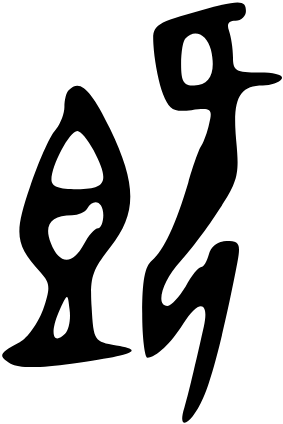Reading without an oracle
Here’s an interesting experiment you can play with: a reading without an oracle. That means setting out to receive guidance from the world without using anything intended for divination: no cards, runes, coins, stalks, charts or anything of the kind. Instead, you might listen to the first few words you… Read more »Reading without an oracle














